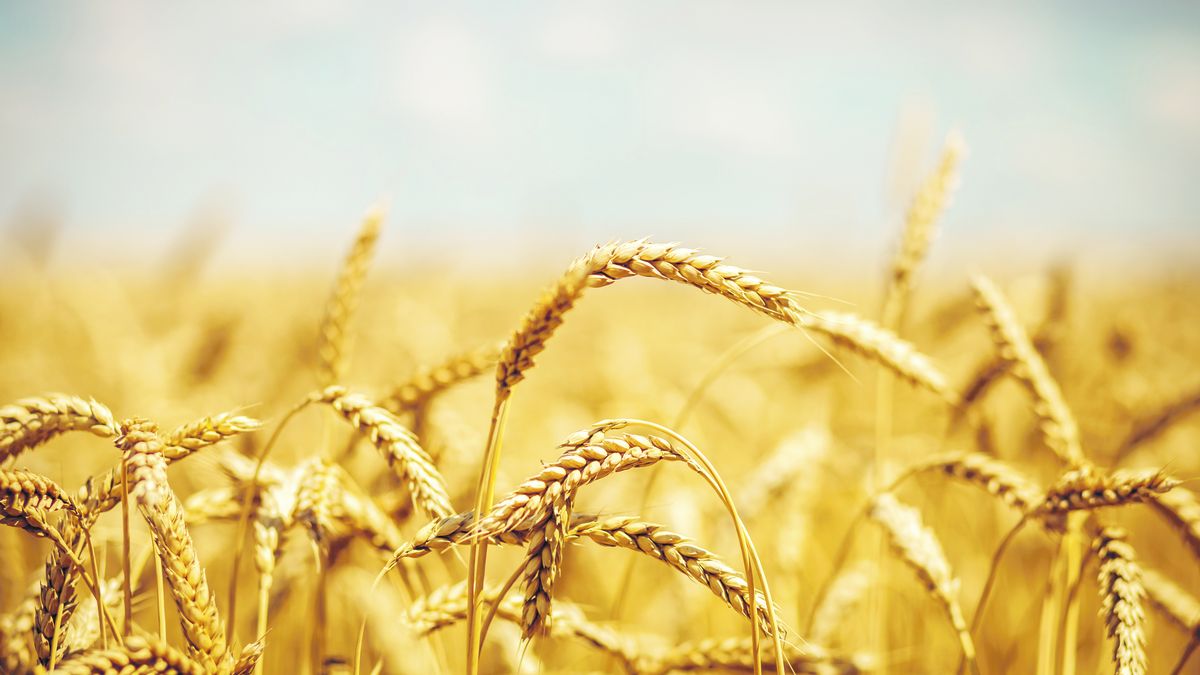https://twitter.com/TheEconomist/status/1527234181553594368
Impact at the local level
Concern about a possible lack of food supply is also discussed at the local level. As confirmed by official sources Ambitthe issue was addressed at the Cabinet meeting that took place on Thursday at Casa Rosada.
The Minister of Science, Technology and Innovation, Daniel Filmushighlighted in this sense the impact that the approval of the HB4 transgenic wheat variant resistant to drought could generate, both in the increase of productivity in areas of greater hydric stress and in “the consolidation of the reserves” of the Central Bank, for their contribution to foreign exchange earnings.
Filmus made statements at Casa Rosada at the end of the cabinet meeting, in which he reported that at the meeting he analyzed, together with his counterpart from Agriculture, Livestock and Fisheries, Julian Dominguez“the impact that the scientific-technological agreement could have” between the National Council for Scientific and Technical Research (Conicet) and the company Bioceres in the development of a variant of transgenic wheat resistant to drought.
In this regard, the chief of staff, John Manzurhighlighted the “very important contribution” made by Argentina “through its scientific-technological system”, in a context marked by the rise in the price and scarcity of wheat on a world scale, both due to the Russian invasion of Ukraine as for the decision of India to close the exports of the cereal.
For his part, Filmus pointed out that “Brazil, China, Australia and New Zealand gave approval to genetic modifications”which opens “enormous potential that has to do with the production, export and incorporation of foreign currency.”
In that sense, he assured that the approved transgenic wheat variant “provides at least the possibility of a 20% greater potentiality”, especially in “areas where water stress is stronger.”
Likewise, he indicated that he considered, together with the Minister of Economy, Martín Guzmán, the incidence of the approval of this variant in “the consolidation of the international reserves” of the Central Bank, inasmuch as it would represent a significant income of foreign exchange from exports.
Both the HB4 wheat and the soybean of the same denomination are the product of the work of the Institute of Agrobiotechnology of the Litoral (in charge of the scientist Raquel Chan), which depends on the Conicet and the National University of the Litoral, in association with Bioceres.
Source: Ambito
David William is a talented author who has made a name for himself in the world of writing. He is a professional author who writes on a wide range of topics, from general interest to opinion news. David is currently working as a writer at 24 hours worlds where he brings his unique perspective and in-depth research to his articles, making them both informative and engaging.




